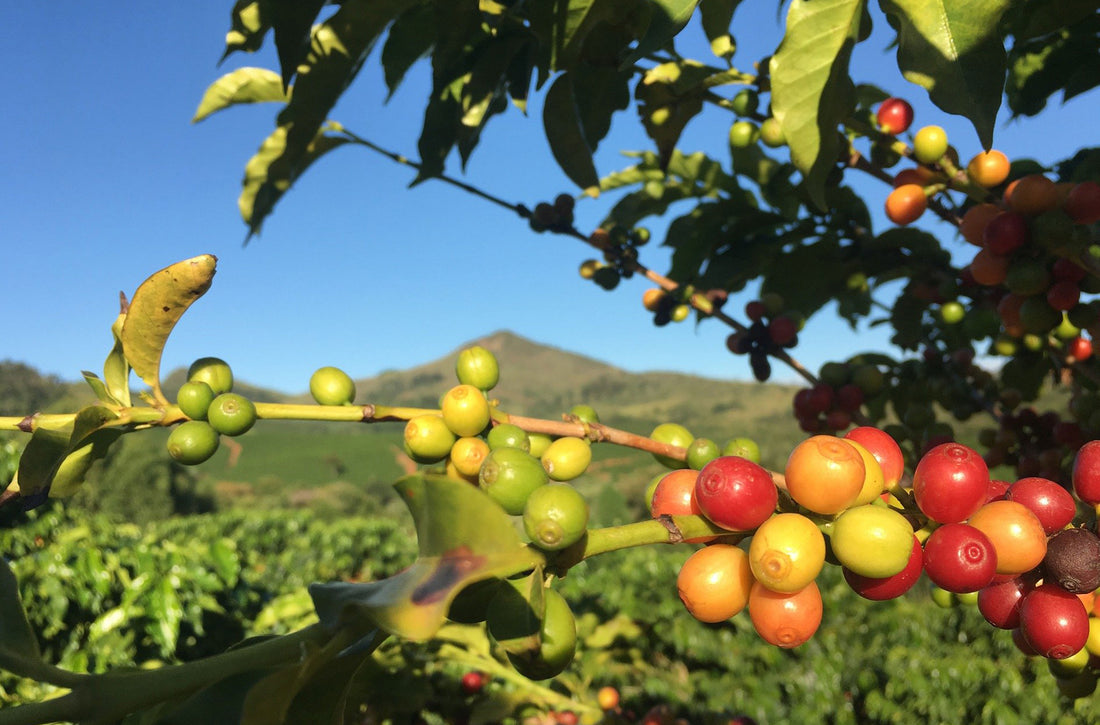A Lot of Little Micro Lots

Share
As you start to explore the world of coffee, you realise that there are so many coffee-specific terms that you have to learn about like Chemex or Crema, but the one that has, without a doubt, caused some serious confusion in the industry is Micro Lot.
The reason it's confusing isn't because the concept is particularly difficult to grasp, it's because industry experts haven't taken the time to really nail down a definition and, as a result, coffee professionals have started using that lack of definition to use the term more loosely - sometimes even just for marketing. Just like the term 'handful' is fairly fluid, so is the term 'Micro Lot'. Today we're going to look at what the different interpretations of the term are and, maybe, what it really should refer to.
It's About the Bags and Quality
The first school of thought is that a Micro Lot is a small lot of land that only produces enough beans for 100 bags of coffee beans or less, all from a single farm that has a very high cupping score. It is a mark of quality and exclusivity in the coffee world, marking the beans as the best.
In reality, this is an example of a well-intentioned term being turned into marketing jargon. What it looks like under this school of thought is that Micro-Lot is the ultimate badge of honour among coffee farmers.
They're Just Not Mixed
The second school of thought is just that a Micro Lot refers to a small area of land in which a single coffee bean variety is grown and is exclusively processed together with no mixing from other batches, keeping is pure. This is done for several reasons but is primarily done to create a more specific profile for the batch and, if there is any feedback from consumers on a specific lot, the farmers know exactly where to focus their efforts.
It is not a seal of quality to be able to say that the beans are from a Micro Lot.
What People Think
There is also a consumer mentality that small, carefully curated batch of coffee beans have had more time and care put into them, meaning that they're going to taste better. Honestly, I understand this impulse. For example, a 5-star meal that takes 45 minutes to prepare is going to taste better than Fast Food because of the time and care taken to produce the food. However, we can't just take for granted that this logic applies in the coffee world as growing the beans isn't the same as brewing and preparing them for drinking. For coffee farming, change is incremental and perfection takes time.
Don't blindly buy into the hype. Stay informed and keep exploring!
That's all for now.
Frappe

